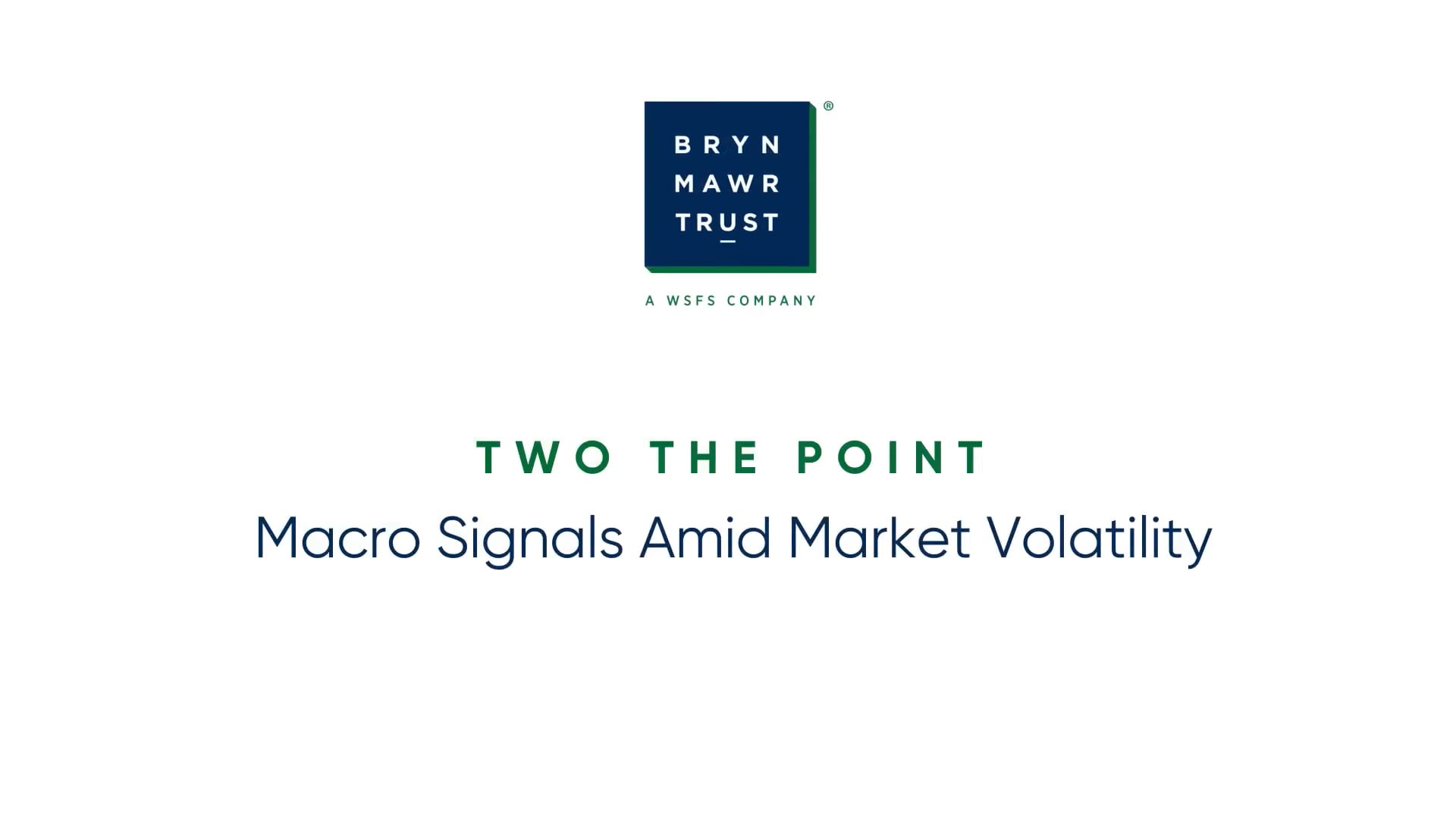Building a Legacy: Essential Steps for Intergenerational Wealth Management

The largest wealth transfer in history is happening right now. Baby Boomers—who control an estimated $84 trillion in assets—are passing their wealth to younger generations.1 However, according to a 20-year study of 3,200 families conducted by the Williams Group, the second generation loses 70% of inherited wealth and 90% by the third.
With thoughtful planning, this historic wealth transfer presents an opportunity to preserve assets, foster financial growth, and strengthen family bonds for future generations. By taking proactive steps now, you can ensure that your family’s financial legacy is protected and continues to flourish.
1. Define Wealth Beyond Money
Wealth is not just about assets but about sharing experiences, values, traditions, and long-term impact. When considering passing down your wealth, it is crucial to determine what you want it to accomplish, how to ensure it benefits future generations responsibly, and what lessons and values to pass on with the financial assets.
By aligning financial planning with a family mission, wealth becomes a tool for generational empowerment rather than a fleeting resource.
2. Secure Goals-Based Planning
Financial planning is more important than ever, with trillions of dollars set to change hands. To ensure wealth lasts, work with a financial advisor to define how you want money to work for you, tailor investments, savings, and risk to your goals, and help you measure success with milestones.
Given rising economic uncertainties and changing tax laws, strategic financial management is key to preserving generational wealth.
3. Create an Estate Plan
Older generations are more likely to have an estate plan, yet only 32% of Americans have one.2 Without proper planning, wealth may be lost to taxes, legal fees, or family disputes.
A solid estate plan should include a will to dictate asset distribution, trusts to provide structured wealth transfer, asset ownership and beneficiary designations aligned with your plans, and a power of attorney and healthcare directives for life planning.
This approach ensures efficient and intentional wealth transfer to heirs, reducing complications.
4. Educate the Next Generation
Many inheritors are unprepared to manage large sums of money, leading to poor decisions and rapid depletion.
Families should begin teaching financial responsibility early, provide hands-on investment education, and discuss long-term wealth strategies to counter this.
Open conversations about money help ensure that the next generation prepares for the responsibility of inherited wealth.
5. Trusts for Wealth Protection
Trusts help preserve assets and control distribution, preventing financial mismanagement. Some key options include:
- Generation-Skipping Trusts (GSTs): Transfer assets to grandchildren while minimizing estate taxes
- Spendthrift Trusts: Protect heirs from making poor financial choices
- Charitable Remainder Trusts: Support philanthropy while maintaining income for beneficiaries
Trusts ensure wealth is distributed with intention and lasts across multiple generations.
6. Reassess & Adapt Periodically
Wealth plans should be living documents that adapt to changes in tax laws, market conditions, and family dynamics. Regular check-ins with advisors keep wealth strategies aligned with long-term goals.
The Baby Boomer wealth transfer represents a once-in-a-lifetime opportunity to build lasting legacies. Whether you are passing down or inheriting wealth, the choices made today will determine how that wealth empowers future generations.
Take action now to protect your family’s financial legacy. Start planning, engage with a financial advisor, and initiate conversations with your loved ones about wealth, values, and future goals. Your proactive steps today can make a world of difference for generations to come.
1 “Cerulli Anticipates $84 Trillion in Wealth Transfers Through 2045.” Cerulli Associates. January 20, 2022.
2 https://www.justvanilla.com/blog/estate-planning-statistics-and-facts-you-need-to-know
This communication is provided by Bryn Mawr Trust for informational purposes only. Investing involves the risk of loss and investors should be prepared to bear potential losses. Past performance may not be indicative of future results and may have been impacted by events and economic conditions that will not prevail in the future. No portion of this commentary is to be construed as a solicitation to buy or sell a security or the provision of personalized investment, tax or legal advice.



